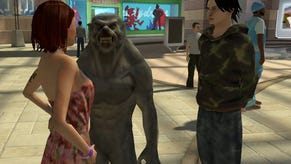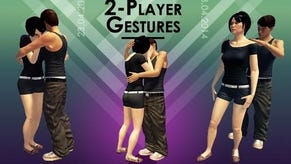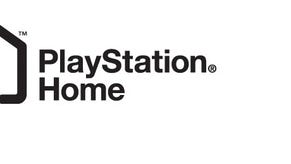Sony's Peter Edward
A chat with the head of Home.
In December last year, following a series of delays, PlayStation Home launched - or the beta version did, anyway. At the Develop conference last week, platform director Peter Edward delivered a speech titled Home: First Term Report. In it he discussed how the last seven months have gone and the lessons Sony's learned.
Afterwards, Eurogamer sat down with Edward to quiz him further. Read on to find out when the beta phase will end, what he makes of Microsoft's trash-talking and why there's no virtual mace for female avatars who get gang-stalked. [You're not going to call him Petey E then? - Ed]
I don't know that I had any expectations. To be honest, it was probably more complicated than we expected it to be. You don't realise the complexity of an undertaking of this nature until you start to get into it - then suddenly it dawns on you just what you're taking on.
That's why it took us a while to get Home out there. We wanted to make sure it was working and it was right and it was going to give people what they wanted. It's an evolving service so obviously it's going to update and get better over time, but we wanted to make sure what we put out there initially was at least something we were happy with.
Yes, it's been really difficult and there have been lots of pitfalls along the way. I don't think we knew what we were letting ourselves in for when we started. But then who does? That's what's exciting about our industry, most people don't know what they're taking on when they start something and they only find out halfway through.
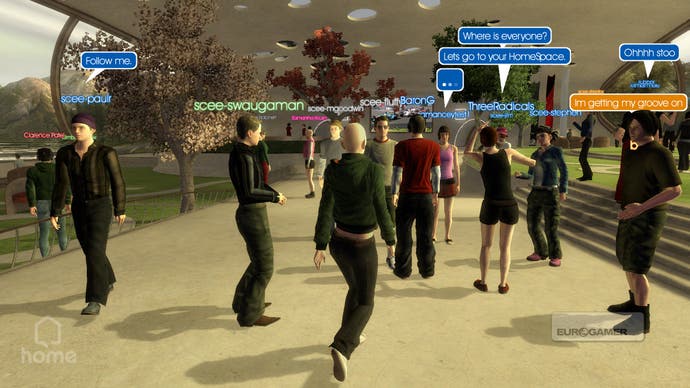
Until we're ready to not call it a beta any more. We don't really get that fixated about it. Anyone who wants to access Home can, there are no barriers to entry, so in that respect it's not like there's anything holding users back.
We're still developing it, we're still working on it, we're still improving it. We'll remove the beta name when we're happy that it represents something that is not final, because it'll always be evolving, but at least represents a kind of final quality. We don't have a specific target for when that will be.
No, not as such. We have more philosophical targets for when it should come out of beta.
It was kind of what I expected. There was a lot of interest in it and there were a lot of people who were very sceptical about it, and I think a lot of people's opinions changed after they'd seen it. Some people thought it was way better than they thought it was going to be, some people thought it wasn't as good.
I like to think a lot of the sceptics have slowly come around. Even people like Kotaku, who are famously sceptical about most things, have been saying some quite positive things about us lately. People have recognised this is an evolving service and they've given it a chance.
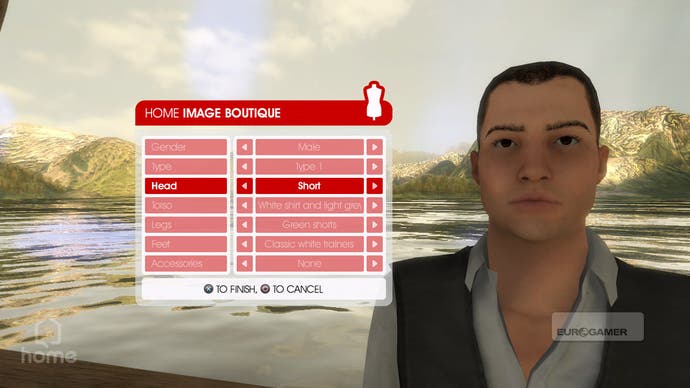
We released it because we felt it was ready to be released. You can tweak things ad infinitum and you can always make something better. But it had got to the point where we thought it was good enough to put it out there so people could see it, and then continue to make improvements. It wasn't at the point where we thought it was perfect, obviously.
You don't want to tweak and hone something so much that when you give it to people, you can't incorporate any elements of the public's reaction to it. So we've been able to see how people use it and react to it and make some tweaks along the way. We felt it was time.





